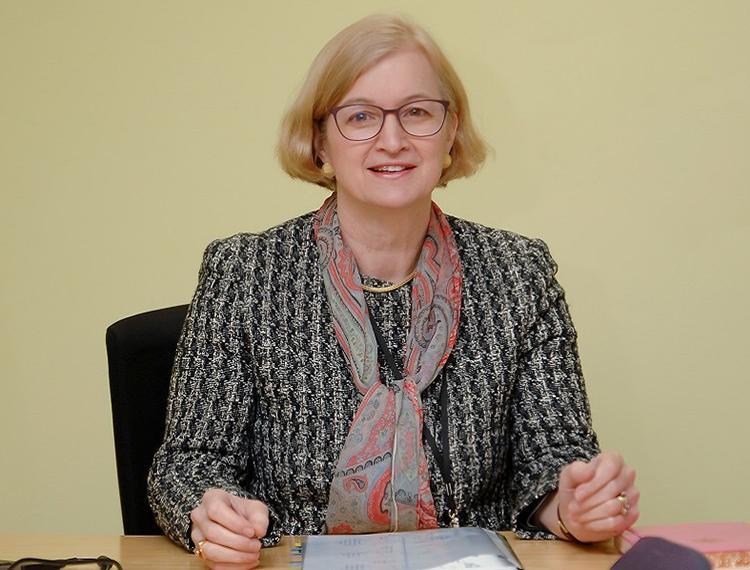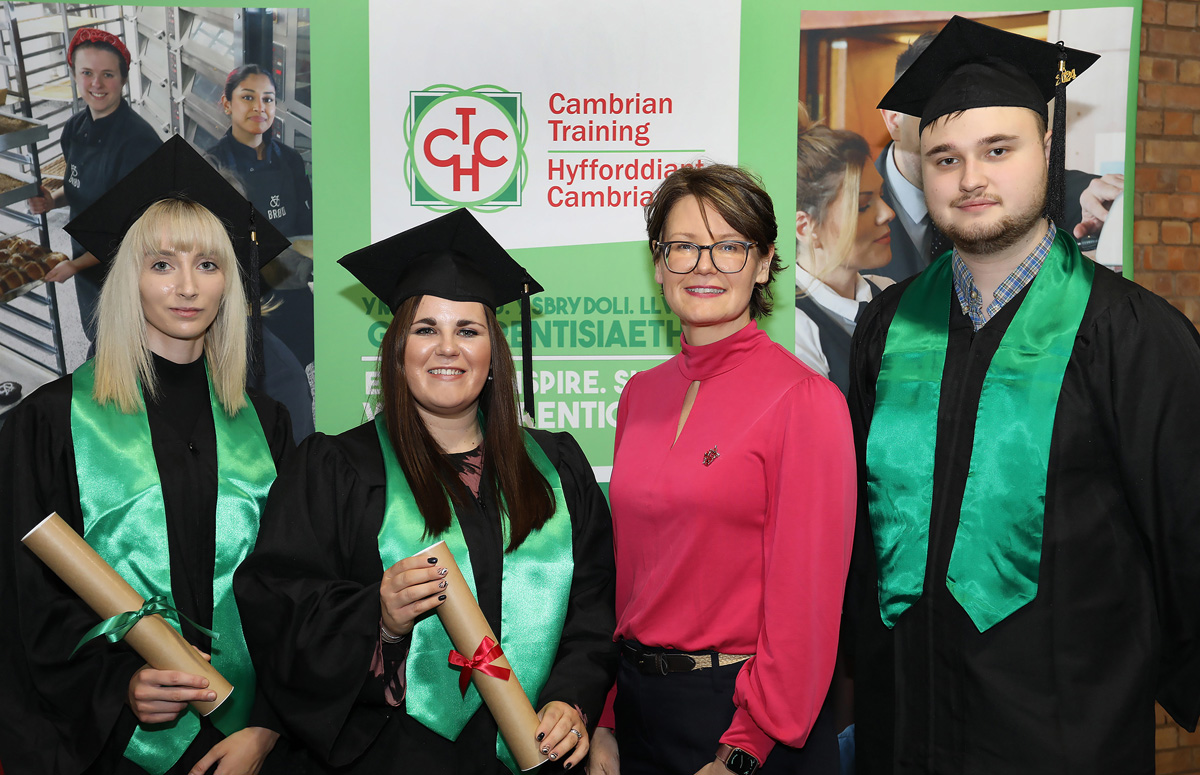Schools must act over futile TV watershed, Head of Ofsted tells The Times Education Commission

She, along with other experts were participating in an evidence session for The Times Education Commission focused on teaching.
The chief regulator said that most incidents, which were at the root of young people’s unhappiness, originated in parties and events and from photographs that had been taken out of school and shared.
She said: “It was the knock-on into social groups, comments at school that was mainly responsible for the unhappiness but what became clear was quite how much of this is either unknown to staff in schools or in some cases, regarded rather lightly.
“The effort tended to be mainly on responding to specific incidents when they became known. In many schools, there was a very good work on relationships and sex education, but that it wasn’t anywhere near consistent enough.”
Spielman said that there was a “much wider cultural problem”. She said: “In a society where programmes like Naked Attraction [the Channel 4 programme] are broadcast for all to see and watersheds mean nothing in a world of television on demand and YouTube, it’s not surprising that a lot of teenage boys, for example, are thoroughly confused about why sending girls ‘dick pics’ is not an acceptable thing to do.
“So schools have got a truly educational role to play to help teenagers who are at the mercy of their hormones as well, learn to behave like decent adults by the time they leave school.”
The Times Education Commission is a year-long project expected to inform government policy and to lead to radical change across schools, colleges and universities.
The commission brings together experts including senior MPs, business leaders, scientists, head teachers, academics, vice-chancellors and a children’s author. It has a wide-ranging remit, including the curriculum, qualifications, social mobility, exclusions, new technology, lifelong learning and the number of people going to university.
The other experts at the session included:
-
Dan Moynihan – CEO, The Harris Federation
-
Ulrike Tillmann – Mathematician and Chair of the Education Commission, The Royal Society
-
Mary Bousted – Joint General Secretary, the NEU
-
Tom Bennett – DfE Lead Adviser on Behaviour
Full quotes below:
Dan Moynihan (CEO, The Harris Federation) on justifying his salary
Lucy Kellaway: You are paid as if you run the very large and complex organisation that you do, but eyebrows have sometimes have been raised about that.
Dan: I think there’s no reason why people in the public sector, if they do a really good job, shouldn’t be paid well. I think it’s unrealistic that people compare salaries to the Prime Ministers. The Prime Minister has many other benefits including a future stream of income that will surpass most peoples. If we say that public sector workers should be paid less than they could get elsewhere, then I think that has long-term consequences.
Our headteachers are paid very well. They work in some of the most challenging circumstances and if they turn around really difficult schools and they’re doing a great job, we don’t see any reason not to pay them well because we want to retain them. And similarly, we pay our teachers more. They all get a Harris allowance, which is an extra £2,000 in inner-London. They all get a version of private health and we see no reason not to do that. And we raise a lot of sponsorship, we generate big economies of scale – why shouldn’t we deploy that resource in that way if our schools are successful?
Lucy Kellaway: How much easier does it make it to recruit?
Dan: I think it’s a very good incentive. We’ve done that ever since we’ve started. It’s a very good incentive. We haven’t increased it with inflation, so it was obviously worth more 10 years ago than it does now. But it makes a difference and so does the medical cover and some of the other benefits that we offer. But I see no reason why public workers, good public sector workers that do a brilliant job, why shouldn’t they be paid well?
If you look at Singapore, I know it’s a city state, but if you look at Singapore, they’re paying their best public sector people who do really well in Government departments what would appear to be huge sums of money but it’s competitive with the private sector. And if they’re delivering in public services, within budget, great services, well then why not?
Amanda Spielman (HMCI, Ofsted) on Everyone’s Invited
RS: What should Ofsted be doing to tackle the sexual abuse crisis in schools and how much are adults in posiitons of responsibility or wider cultural context to blame?
Amanda: The cultural pressures on young people are enormous. And the greatest part of that actually comes out of school. When you look at surveys, school is where, in general, young people feel safest. So we should hold on to that. I think it’s really important that it’s not interpreted as a report about there being a massive crisis in schools. And in fact, we found that the great majority of the behaviour, the incidents that were at the root of young people’s – especially girls’ – unhappiness actually originated in parties or events or photographs that had been taken out of school and been shared. It was the knock-on into social groups, comments, at school that was mainly responsible for the unhappiness.
But what became clear was quite how much of this is either unknown to staff in schools or in some cases, regarded rather lightly. And the effort tended to be mainly on responding to specific incidents when they became known. What we found that, in many schools, there was a very good work on the PSHE, the relationships and sex education, but that it wasn’t anywhere near consistent enough. That schools are – there is a much wider cultural problem.
In a society where programmes like Naked Attraction are broadcast for all to see and watersheds mean nothing in a world of television on demand and YouTube.
It’s not surprising that a lot of teenage boys, for example, are thoroughly confused about why sending girls dick pics is not an acceptable thing to do. So schools have got truly educational role to play to help teenagers who are at the mercy of their hormones as well, navigate their way through the boiling landscape and learn to behave like decent adults by the time they leave school.
I’m not advocating a monastic purity for schools here. Teengaers are teenagers and always have been. But we’ve shifted the emphasis in our work to think more about the culture, the attitudes, the role that schools can play, as well as looking at the sort of safeguarding end of things and response to incidents and specific problems. I think our work before had been a little bit too much at the backend, at the response backend. But it fits in very well with the changing balance of the inspection framework, which is about weighted, about half weighted on the quality of education and about half weighted on the wider personal development, behaviour and attitudes, leadership and management. So we’re trying to create this clear balance between the different components, the different pieces that add up to a strong education.
RS: What more can Ofsted do to drive that cultural change?
Amanda: We work in a model where we’re highly constrained in the extent of inspection by Government policy and budget. I have one inspector for every 120 schools, I think, roughly. So we are actually tiny, relative to the system, though with quite a lot of leverage. So, one of the Covid-era things is that our webinars, people now accept the professional development and communication remotely in a way that it’s increased enormously. The takeup of the online seminars we’ve done I think did some on the sexual harassment and violence report. We do quite a lot now around inspection. But also, for example, our subject reviews, really looking at the characteristics of good curriculum in most of the main national curriculum subjects. So we disseminate as much as we can and I have built up the research and insight to make sure that as well as the publishing the individual reports that we also do as good a job as we can as aggregating the evidence and insights of our work and publishing that in ways that are valuable to schools themselves, to Government, to policymakers, and to parents actually.
Ulrike Tillmann (Mathematician and Chair of the Education Commission, The Royal Society) on the narrowness of post-16 curriculum
Ulrike: So, the report was a study – a longitudinal study – commissioned by the Royal Society and conducted by the Education Policy Institute and roughly speaking their findings was that even adjusting for various things that a narrowing of the post-16 education for students resulted in reduced income at age 26, a longitudinal study unfortunately doesn’t yet go beyond that age. I’m expecting actually that the differences will be larger as we see this cohort grow older. The study sort of, I mean, there are two things that came out. One is that of course, we now have a reduced system, A Level system, because the AS reform meant that many fewer students attempting an extra subject in the lower sixth form and so we have something like students taking 2.7 different A Levels, which is absolutely minimal considering how broad they are still at GCSE. Though, some students, of course, like dropping various things, and for an equal number of students, it’s a really very difficult decision at that age. And, in particular, they don’t yet have the full knowledge of the different pathways and indeed I think it’s quite difficult even for parents to know the modern courses. And so, we at The Royal Society, very strongly feel that is far too narrow and students are sort of forced into choices that they often later regret. They don’t really yet have the full knowledge of what might be coming up.











Responses